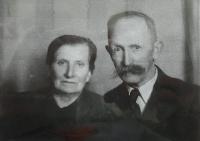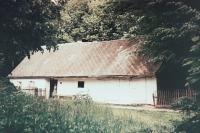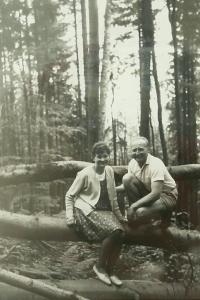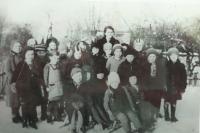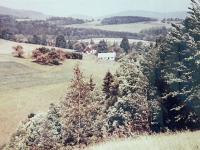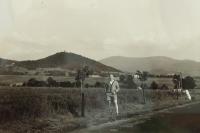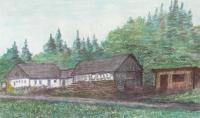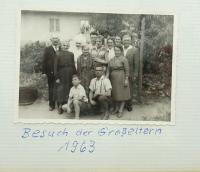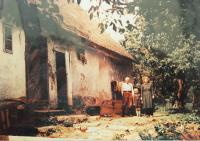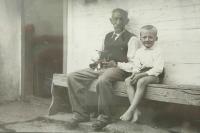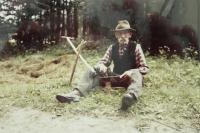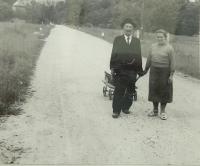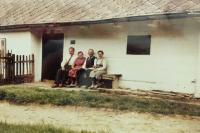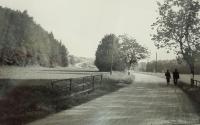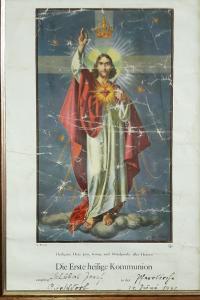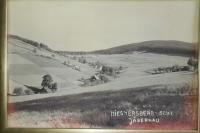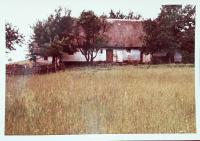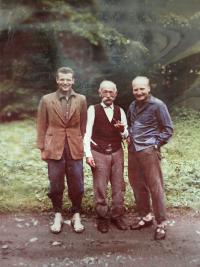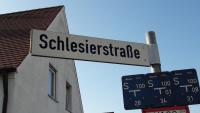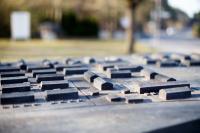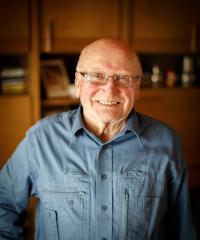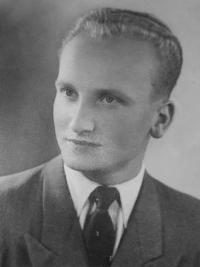Do not worry about the things you can you not change.
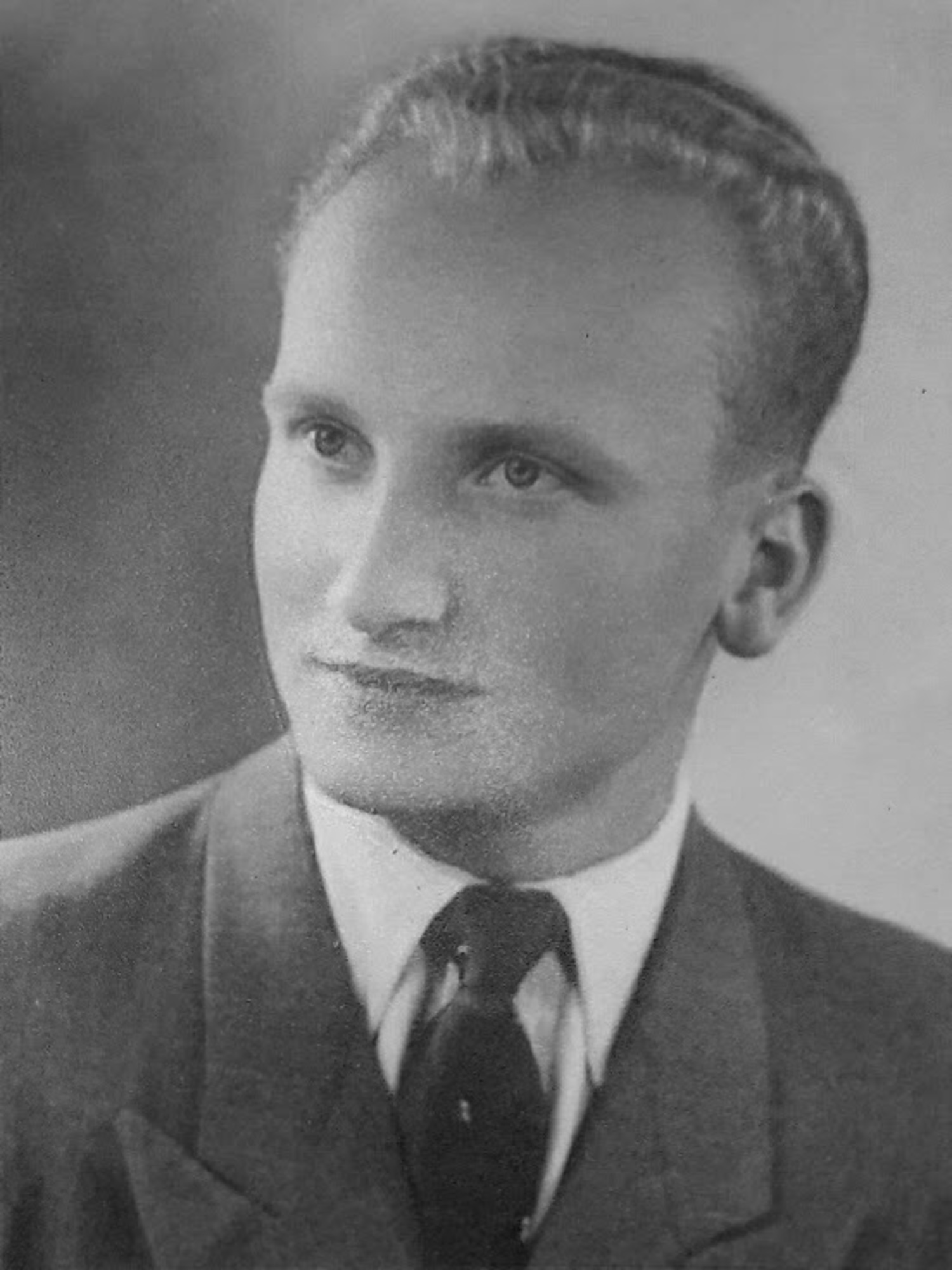
Download image
Josef Schubert was born on 20 October, 1933 in Niesnersberg (Nýznerov). When he was quite small, his mother had an accident. That was why his grandparents raised him. He had another five younger siblings. Joseph was very conscious of the end of the world war. He was lucky to survive, as he was playing with ammunition. In July 1945, he witnessed a departure of the open wagons of the wild expulsion. In September 1946 he was interned in the Muna Niklasdorf (Mikulovice) and separated from his parents. They left, and he stayed with his grandparents. On 28 August, 1947, someone from the municipality of Sittendorf (Vápenná) came to force him with a pistol to go to Germany. It was a transport from the Red Cross. The transport was on the road from 13th September. In Germany he came to Neumarkt in the Oberpfalz and there he finally apprenticed his dream profession - an electrician. He got married in 1958 to Maria Moser. They have two children. Josef often travels back home each year after the turn.
